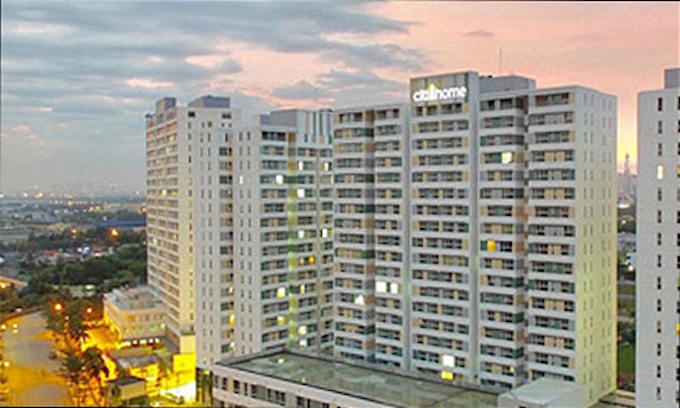
Fresh graduates working in Vietnam’s two most developed cities, who make on average VND72 million ($3,100) a year, are losing out and unlikely to be able to buy houses as incomes cannot keep up with real estate prices, according to data produced by recruitment firm Navigos at a recent real estate forum.
For more experienced employees who make VND120 million ($5,200) a year on average, the price of basic 2-bedroom flats in the two major cities remains 17 times higher, while for supervisors and team leaders who make VND192 million ($8,300), it is 7 times higher, Navigos says.
Management or heads of departments, who make on average VND264 million ($11,400) a year, can pay for one such flat in seven years, it adds.
Young people are finding it next to impossible to buy houses even as new supply of affordable apartments slows down to a trickle. In 2016, the supply of Grade C apartments, which are said to be in the "affordable" category, accounted for 30 percent of the HCMC market, but this figure had fallen to around 17-19 percent by 2018, said Pham Lam, Chairman of real estate firm DKRA Vietnam.
In 2019, the chances of buying a house have fallen even lower for young people because the market no longer has any property costing between VND1.1-1.5 billion ($43,150-64,700), said Lam, citing a recent DKRA Vietnam third-quarter report.
In the past 3-5 years, the prices range of apartments in grades C and B (mid-range) have surged from VND16 -21 million ($690-906) per square meter to VND25-36 million ($1,080-1,550) per square meter, Lam said.
And with most flats in condominium projects in recent quarters priced at around VND30 million ($1,300) per square meter, Ho Chi Minh City no longer has affordable apartments for young workers who earn below a "decent salary" of VND20 million ($863) a month, he added.
Huynh Phuoc Nghia, deputy head of the international business and marketing department at the HCMC University of Economics, said it is now impossible for young workers to buy homes based on their savings alone.
Even in the last three years, from 2016 to 2018, land prices had risen 50-100 percent in some areas and 300-400 percent in others, while most people who bought property during these years used cash generated from business activities, production and financial investments, Nghia said, citing a survey conducted by his department.
The supply of affordable apartments has been declining because investors typically focus on premium projects which are more profitable, the Ho Chi Minh City Real Estate Association said in a November report.
Social housing projects struggle to get completed for various reasons including a lack of credit. Since a VND30 trillion ($1.3 billion) line of credit extended by the government to revitalize the real estate sector ended in 2016, over 200 social housing projects have been left unfinished in the country, according to a recent report submitted to the National Assembly by the Ministry of Construction.


















